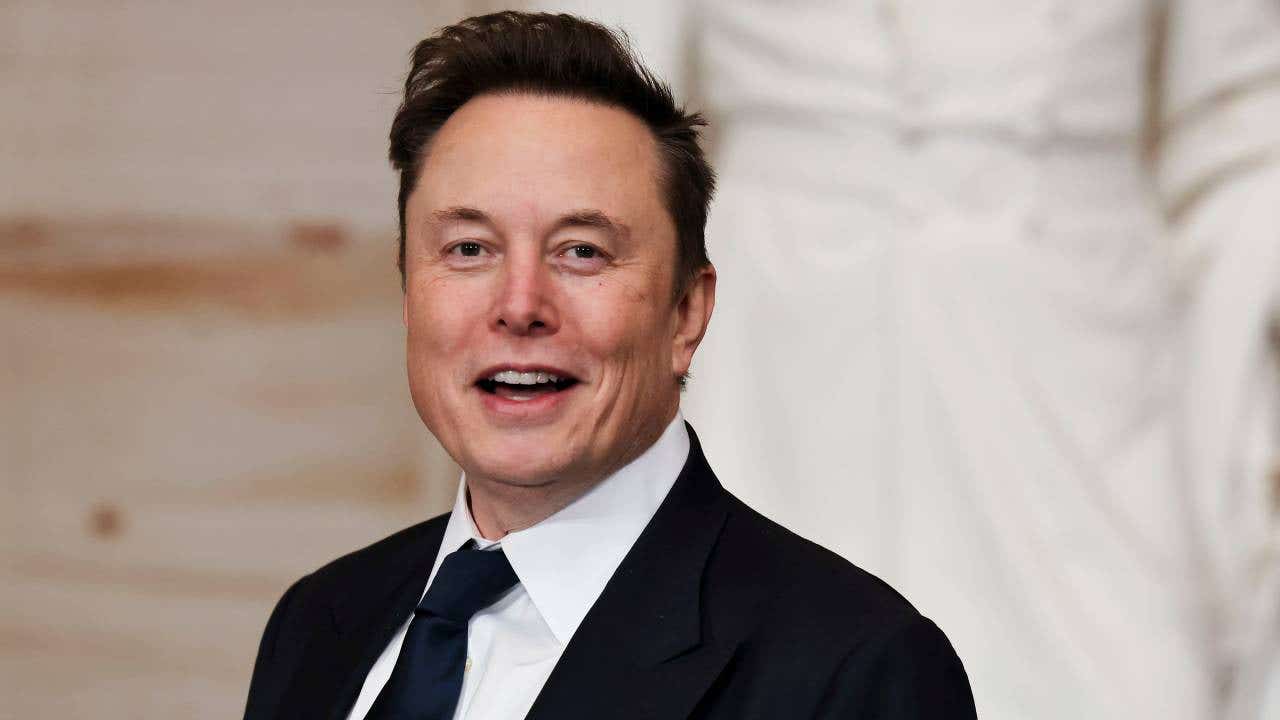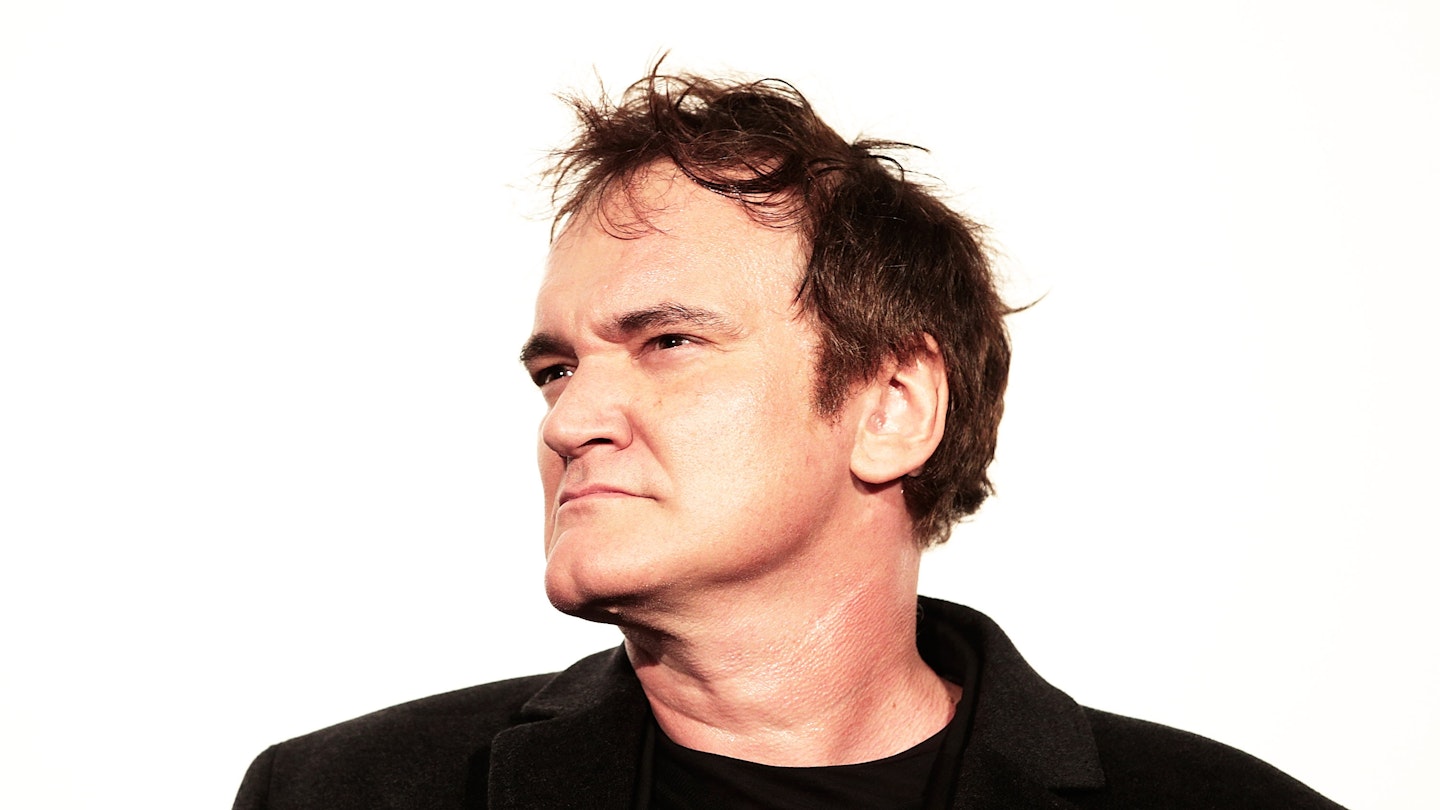Below is a detailed blog post that analyzes and draws parallels between Elon Musk and Quentin Tarantino, the director of Pulp Fiction, focusing on their shared tendency to engage with pulp fiction and pop culture references. There have been included numerous examples to illustrate the comparison and explored their approaches, styles, and impacts.
Elon Musk and Quentin Tarantino: Masters of Pulp Fiction and Pop Culture
When you think of Elon Musk, the billionaire innovator behind Tesla, SpaceX, and Neuralink, and Quentin Tarantino, the visionary director of Pulp Fiction, Kill Bill, and Inglourious Basterds, they might seem worlds apart. One reshapes technology and space exploration; the other redefines cinema with gritty, stylized storytelling. Yet, a surprising thread ties these two influential figures together: their love for weaving pulp fiction and pop culture references into their work and public personas. Both Musk and Tarantino draw from the raw, exaggerated, and often rebellious spirit of pulp fiction—those sensational, larger-than-life narratives—and blend them with a deep appreciation for pop culture. Let’s dive into the parallels, explore their approaches, and unpack a ton of examples to see how these two modern giants channel the same vibrant energy.
Pulp Fiction: A Shared Foundation
Pulp fiction, historically, refers to the cheap, mass-produced magazines of the early 20th century, filled with lurid tales of crime, adventure, science fiction, and romance. These stories were bold, unapologetic, and often pushed boundaries with over-the-top characters and plots. Both Musk and Tarantino tap into this ethos, crafting narratives and innovations that feel audacious, cinematic, and larger than life.
Quentin Tarantino’s connection is obvious. His 1994 masterpiece Pulp Fiction is a love letter to the genre, blending crime, violence, and dark humor in a nonlinear tale of hitmen (John Travolta’s Vincent Vega and Samuel L. Jackson’s Jules Winnfield), a boxer (Bruce Willis), and a mysterious briefcase. The film’s dialogue, packed with references to 1950s diners, comic books, and B-movies, screams pulp. Tarantino’s entire oeuvre—think Reservoir Dogs’ heist-gone-wrong or Kill Bill’s blood-soaked revenge saga—mirrors the sensational, gritty vibe of those old magazines.
Elon Musk’s link to pulp fiction is less direct but equally compelling. His ventures and public persona echo the bold, futuristic, and daring spirit of sci-fi pulp stories. SpaceX, with its mission to colonize Mars, feels ripped from a 1950s sci-fi serial like Flash Gordon or Rocket Man, where heroes in sleek ships conquer the cosmos. Musk’s vision for Tesla’s Cybertruck, an angular, dystopian vehicle, evokes the rugged, rebellious machines of pulp sci-fi art. Even his rhetoric—tweeting about “intergalactic” goals or naming products like the “Boring Company’s Not-a-Flamethrower”—carries the exaggerated, adventurous tone of pulp narratives. Both men take big swings, unafraid to shock or inspire.
Pop Culture Obsession: A Common Language
Tarantino and Musk don’t just nod to pulp; they’re steeped in pop culture, using it to connect, entertain, and provoke. Tarantino’s films are a jukebox of references, sampling everything from 1960s TV shows to kung fu flicks. Musk, meanwhile, peppers his projects, tweets, and interviews with nods to movies, games, and memes, making his futuristic ideas feel relatable and playful.
Tarantino’s Pop Culture Palette
Tarantino’s genius lies in how he remixes pop culture. In Pulp Fiction, Vincent and Mia (Uma Thurman) dance the twist at Jack Rabbit Slim’s, a retro diner stuffed with nods to Marilyn Monroe, Buddy Holly, and The Flintstones. Kill Bill borrows from 1970s martial arts films like The Five Fingers of Death, with Uma Thurman’s yellow tracksuit echoing Bruce Lee’s in Game of Death. Inglourious Basterds riffs on WWII propaganda films and spaghetti westerns, while Once Upon a Time in Hollywood recreates 1960s TV ads and Manson-era lore. His dialogue—Jules quoting a fabricated Ezekiel 25:17—blends biblical gravitas with comic-book flair, a hallmark of his pop culture obsession.
Tarantino’s genius lies in how he remixes pop culture. In Pulp Fiction, Vincent and Mia (Uma Thurman) dance the twist at Jack Rabbit Slim’s, a retro diner stuffed with nods to Marilyn Monroe, Buddy Holly, and The Flintstones. Kill Bill borrows from 1970s martial arts films like The Five Fingers of Death, with Uma Thurman’s yellow tracksuit echoing Bruce Lee’s in Game of Death. Inglourious Basterds riffs on WWII propaganda films and spaghetti westerns, while Once Upon a Time in Hollywood recreates 1960s TV ads and Manson-era lore. His dialogue—Jules quoting a fabricated Ezekiel 25:17—blends biblical gravitas with comic-book flair, a hallmark of his pop culture obsession.
Musk’s Pop Culture Playbook
Elon Musk, too, is a pop culture aficionado, using references to make his ambitious ideas accessible. He’s tweeted about loving The Hitchhiker’s Guide to the Galaxy, even naming a SpaceX drone ship “Of Course I Still Love You” after a sentient spaceship from the book. The Tesla Cybertruck’s unveil, with its shattered windows and Blade Runner-esque design, felt like a scene from a dystopian sci-fi flick. Musk dubbed the Tesla Model S “Plaid” after Spaceballs, a 1987 parody where “Ludicrous Speed” wasn’t fast enough—mirroring Tesla’s own “Ludicrous Mode.” He’s referenced Iron Man (inspiring the real-life Tony Stark vibe with his AI and exosuit ideas), Star Wars (calling SpaceX’s Starship a “dream” like the Millennium Falcon), and even Rick and Morty, joking about “interdimensional” travel. His Boring Company sold a “Not-a-Flamethrower,” a cheeky nod to zombie and action movies, selling 20,000 units to fans. Musk’s X posts often lean into memes, like sharing a Distracted Boyfriend image to tout Tesla over rivals or invoking The Matrix to discuss AI and Neuralink.
Elon Musk, too, is a pop culture aficionado, using references to make his ambitious ideas accessible. He’s tweeted about loving The Hitchhiker’s Guide to the Galaxy, even naming a SpaceX drone ship “Of Course I Still Love You” after a sentient spaceship from the book. The Tesla Cybertruck’s unveil, with its shattered windows and Blade Runner-esque design, felt like a scene from a dystopian sci-fi flick. Musk dubbed the Tesla Model S “Plaid” after Spaceballs, a 1987 parody where “Ludicrous Speed” wasn’t fast enough—mirroring Tesla’s own “Ludicrous Mode.” He’s referenced Iron Man (inspiring the real-life Tony Stark vibe with his AI and exosuit ideas), Star Wars (calling SpaceX’s Starship a “dream” like the Millennium Falcon), and even Rick and Morty, joking about “interdimensional” travel. His Boring Company sold a “Not-a-Flamethrower,” a cheeky nod to zombie and action movies, selling 20,000 units to fans. Musk’s X posts often lean into memes, like sharing a Distracted Boyfriend image to tout Tesla over rivals or invoking The Matrix to discuss AI and Neuralink.
Parallels in Style and Impact
The parallels between Musk and Tarantino run deep. Both are disruptors, challenging norms with bold visions. Tarantino revolutionized indie film, blending high and low art—pulp’s rawness with cinematic craft—earning Oscars and a cult following. Musk disrupts industries, merging pulp sci-fi dreams (Mars colonies, brain chips) with real-world engineering, reshaping transportation and space. Both embrace risk: Tarantino’s violent, nonlinear Pulp Fiction shocked studios; Musk’s reusable Falcon 9 rockets defied aerospace skeptics.
They’re also storytellers. Tarantino crafts characters—think Mr. Blonde torturing a cop to “Stuck in the Middle With You” in Reservoir Dogs—that feel mythic, pulp-inspired. Musk spins narratives, pitching SpaceX as humanity’s “multiplanetary” destiny, a tale straight from a 1940s sci-fi mag. Both lean on humor and irony: Tarantino’s witty banter (Vincent and Jules debating burgers in Pulp Fiction) mirrors Musk’s playful X posts, like joking about Tesla’s “Giga Texas” factory as a “cyberpunk” fortress.
Their audiences love the spectacle. Tarantino’s fans devour his genre mashups—Django Unchained blends westerns, blaxploitation, and history. Musk’s followers cheer his audacious stunts, like launching a Tesla Roadster into space with a dummy named “Starman” blasting David Bowie, a moment blending 2001: A Space Odyssey and comic-book bravado. Both men amplify their work with personality: Tarantino’s brash interviews echo Musk’s candid, meme-filled X presence.
Examples Galore
Here’s a rundown of how their pulp and pop culture threads shine:
- Tarantino’s Pulp & Pop Hits
- Pulp Fiction (1994): A crime saga with a glowing briefcase (pulp mystery!) and nods to Mad Magazine, 1950s jukeboxes, and Shaft.
- Kill Bill: Volume 1 & 2 (2003-2004): The Bride’s revenge channels samurai films, anime (think Lady Snowblood), and comic-book vengeance.
- Death Proof (2007): A grindhouse throwback with a killer car chase, riffing on Vanishing Point and 1970s exploitation flicks.
- Once Upon a Time in Hollywood (2019): References The Great Escape, 1960s TV westerns, and pop ads, all in a pulpy alternate history.
- Musk’s Pulp & Pop Moments
- SpaceX Starship: Its sleek, retro-futuristic look recalls Buck Rogers and pulp sci-fi covers, aiming for Mars like a 1930s serial.
- Tesla Roadster in Space (2018): Launched via Falcon Heavy, with “Starman” in a spacesuit and Bowie’s “Space Oddity”—pure pulp spectacle.
- Neuralink: Brain-machine interfaces echo The Matrix and cyberpunk pulps, promising a sci-fi future.
- X Posts: Musk references Star Trek (“Make it so” for SpaceX), Dune (tweeting about “spice” and energy), and memes like Doge to hype Dogecoin.
Why It Works
Tarantino and Musk use pulp and pop culture to captivate. Tarantino’s references make films feel nostalgic yet fresh, blending the familiar (old TV shows, comics) with the shocking (blood, twists). Musk’s nods make the future fun—turning rocket launches and EVs into adventures fans can join via X or livestreams. Both tap into our love for the outrageous, the nostalgic, and the bold, making complex ideas (cinema, space travel) feel like a thrilling story.
Conclusion
Elon Musk and Quentin Tarantino, though in different arenas, are kindred spirits of pulp fiction and pop culture. Tarantino crafts cinematic universes from B-movies and retro vibes; Musk builds a real-world saga from sci-fi dreams and meme-worthy quips. Their shared knack for the dramatic—pulp’s excess, pop’s playfulness—fuels their influence. Whether it’s Vincent Vega’s dance or a Tesla in orbit, they make us lean in, laugh, and dream big. So, next time Musk tweets a Star Wars joke or Tarantino drops a 1970s soundtrack, remember: they’re both spinning pulp fiction for a modern age.




No comments:
Post a Comment